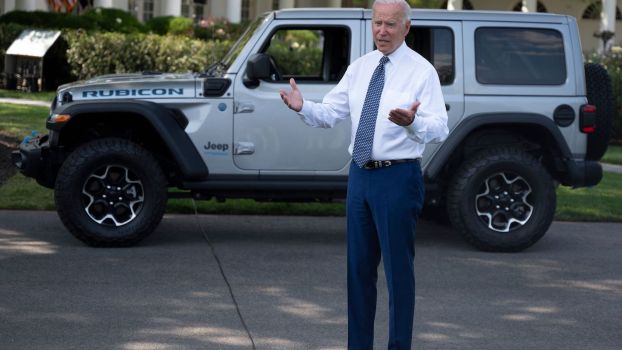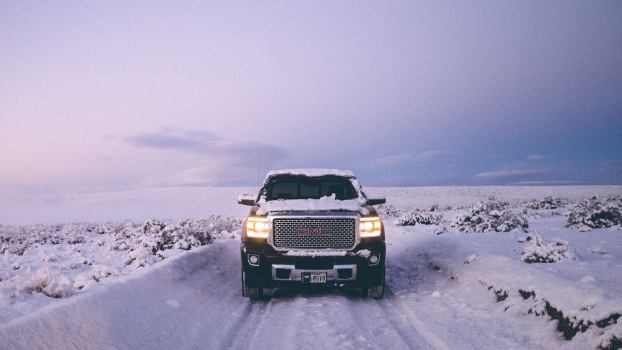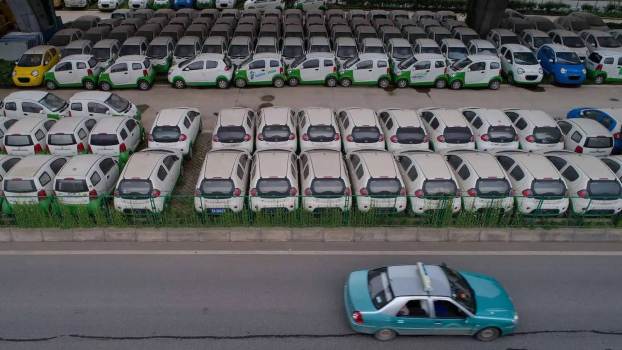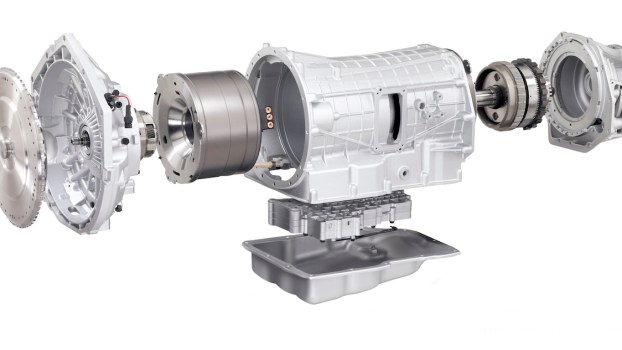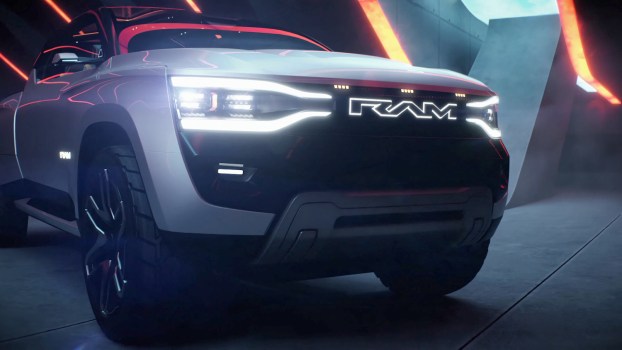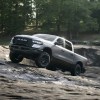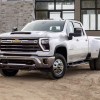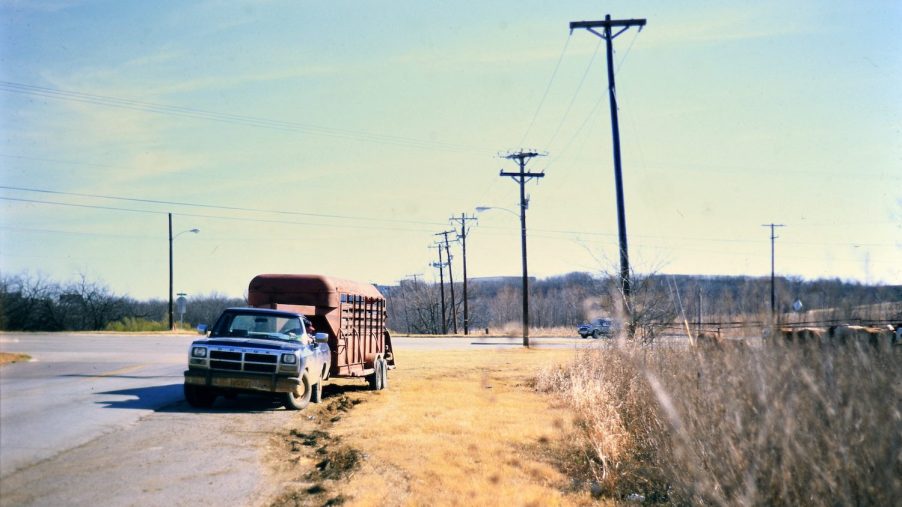
Will Colorado Ranchers Be Allowed to Buy an ICE Truck in 2032?
Colorado just became the ninth state to adopt California’s requirement that 82% of the new vehicles available on dealer lots be EVs. But the state stopped short of echoing California’s 100% requirement that goes into effect in 2035, which would have effectively banned internal combustion cars and trucks in Colorado. Even if ICE vehicle sales are rare, they will still be allowed. Colorado Ranchers will still be allowed to buy an ICE pickup truck in 2032–and beyond–as long as there’s no federal combustion ban.
Are ICE vehicles banned in Colorado?
Colorado has passed laws about what percentage of new EVs/ICE vehicles dealer lots will be able to have in the future (25/75 in 2025, 51/49 in 2028, 68/32 in 2030, and 82/18 in 2032). But none of these laws will fully ban ICEs, control what the dealerships can actually sell, or limit the sale of used ICEs. In fact, Colorado just voted against a 2035 ban on the sale of new ICE cars and trucks.
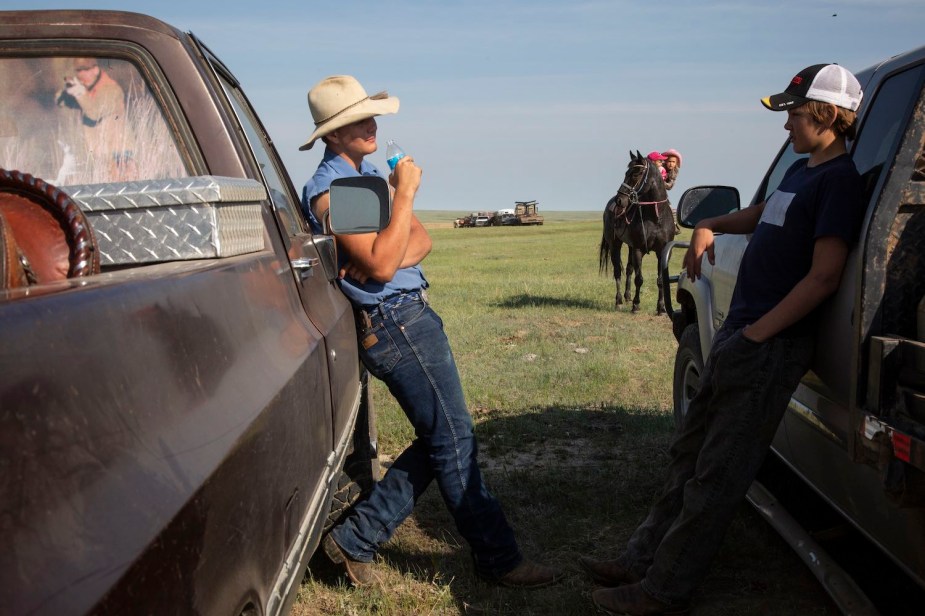
These laws only control the portion of new cars in inventory that are EVs–for each dealership. A dealership could theoretically maintain a large inventory of new EVs and be within the letter of the law. Even if its customers continue opting to buy its smaller stock of ICEs. Or a Colorado dealership could take unlimited orders for new ICEs, as long as they are never part of its inventory.
Presumably, the theory here is that if Coloradans are surrounded by new EVs, those are the vehicles they’ll choose to buy. And certainly, by 2030, EVs may be a compelling replacement for small ICE cars. But unless we have a new battery chemistry, Coloradans, such as ranchers, who need a truck to tow heavy loads for work, may be unable to find an EV that meets their requirements.
Will EVs be able to replace ICE cars in Colorado?
Colorado is an interesting case regarding potential bans on combustion cars and trucks: while it has some huge metro areas, it is also a large western state. For some residents, long road trips are a way of life. Luckily, the next generation of EV cars will be as good tools for road trips as current ICE cars are.
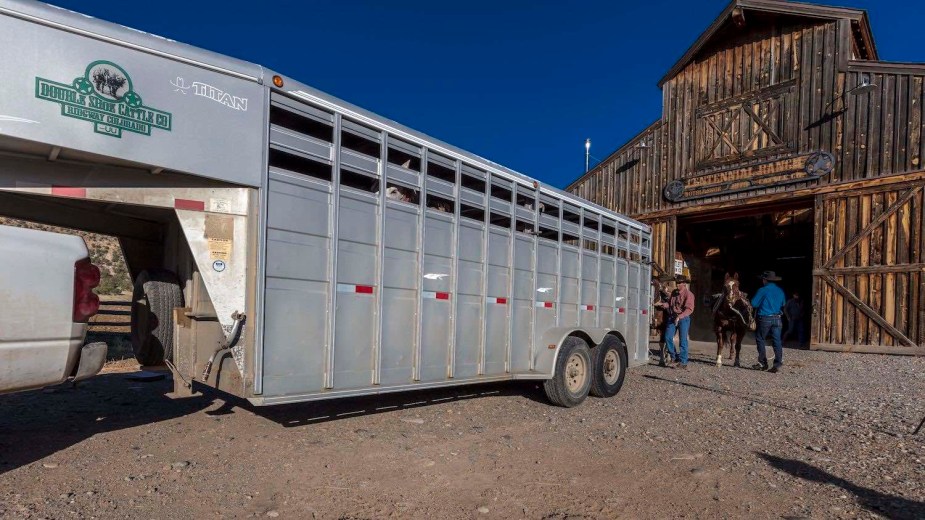
Many vehicle buyers considering EVs complain about low range and high price. A long range may assuage range anxiety, but it requires a large battery which is heavy and expensive. Another answer is a cheap, light, small EV with a relatively short range but rapid charging speeds. And of course, this must be paired with a robust public DC fast charger network.
The fastest charging Model S, paired with Tesla’s fast-charger network, can drive across the USA while offering seven minutes of driving time for every one minute of charging time. That means you could charge it for less than 30 minutes and then drive for three hours. Those numbers are on par with a regular road trip in an ICE car. But trucks are a different story.
Will electric trucks be able to replace a rancher’s ICE pickup?
With maximum power from zero RPM and instant torque vectoring off-road, electric pickup trucks will make for effective work vehicles on the ranch. Their high GVWR and regenerative braking also make them great tow rigs–over short distances. The only real shortcoming of current electric pickup trucks is their range. And this drops dramatically while towing.
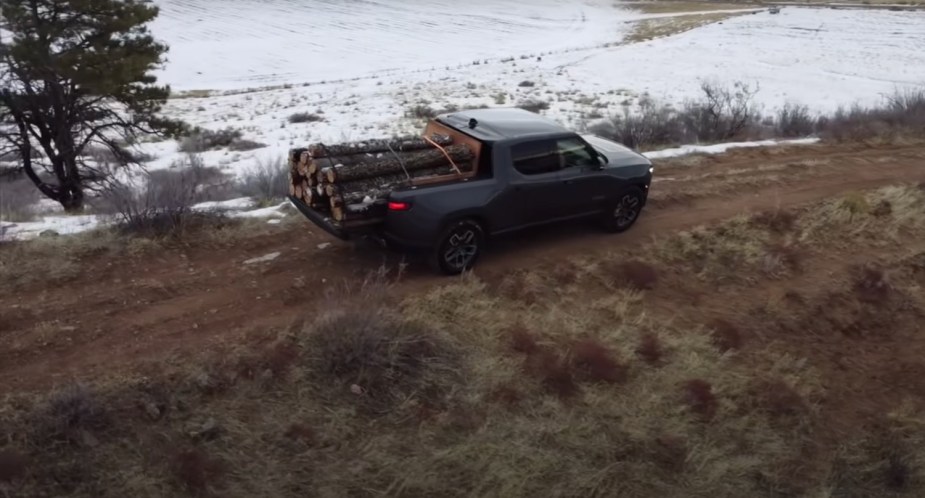
When TFL Truck hooked an electric Rivian R1T pickup truck up to a heavy trailer, they found the load sliced its range in half: 157 miles. They could still tow a heavy trailer over Colorado’s “Ike’s Gauntlet.” But they had to charge shortly after.
Charging the larger battery pack in an electric truck takes much longer than charging up a small electric car. Sure, you could build an electric truck with a larger lithium-ion battery. But that will make it even heavier–reducing its range while empty–and even more expensive.
One possible solution could be a better battery chemistry than lithium-ion. Another could be an internal combustion range extender generator–like both Ram and Ford are working on. And while a range-extended electric truck would still be more efficient than a traditional ICE, it will not technically be a zero-emission vehicle. So we’ll have to see if it is allowed with future emissions laws.
Obviously, Colorado’s legislature is not convinced enough that we’ll have a zero-emissions solution that works for 100% of new Colorado car and truck buyers by 2035 to pass a California-style combustion ban.
Next, read about Colorado’s proposed “bloat fee” on heavy trucks or see the towing range of an electric pickup truck tested in the video below:
